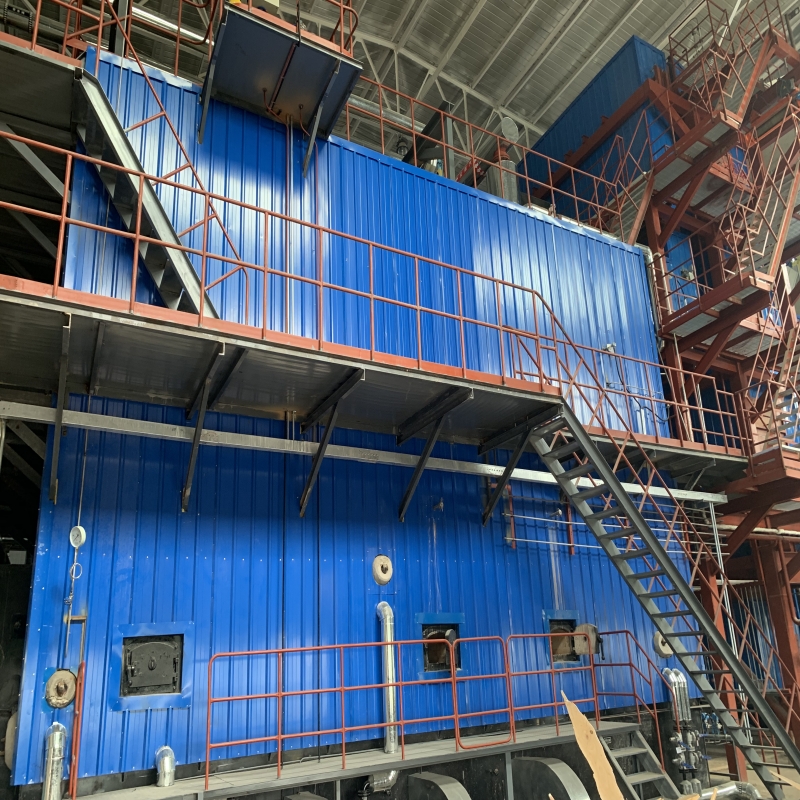
Dec . 27, 2024 01:43 Back to list
hot water boiler maintenance
Hot Water Boiler Maintenance Ensuring Efficiency and Safety
Hot water boilers are essential components in many residential and commercial heating systems. They provide warmth and comfort during cold months, serving as a reliable source of hot water for various applications, from showers to industrial processes. However, like any mechanical system, boilers require regular maintenance to function efficiently and safely. In this article, we will explore the key aspects of hot water boiler maintenance, ensuring that your system operates at its best.
Understanding Your Hot Water Boiler
Before delving into maintenance, it’s crucial to understand the basic components of a hot water boiler. Typically, a boiler comprises a burner, heat exchanger, water tank, and controls. The burner heats the water, while the heat exchanger distributes this energy throughout the home or facility. Regular maintenance focuses primarily on these components to prevent failures and maintain efficiency.
1. Routine Inspections
Routine inspections are vital for identifying potential issues before they escalate. Home and business owners should schedule annual inspections with a qualified technician. During these check-ups, the technician will
- Inspect the entire boiler system for signs of wear and tear. - Check the pressure and temperature settings. - Examine the burner and heat exchanger for debris or corrosion. - Assess safety devices and controls to ensure they function properly.
Performing these checks can help catch problems early, potentially avoiding costly repairs.
2. Cleaning the Boiler
Over time, sediment and mineral deposits can accumulate within the boiler, impacting its efficiency and potentially leading to failures. Regular cleaning of the boiler is essential. Here’s how to do it
- Flushing the System Flushing involves draining the boiler to remove sediment buildup. This process should be done at least once a year or more frequently in areas with hard water. - Cleaning the Burner A dirty burner can lead to incomplete combustion, reducing efficiency and increasing emissions. Cleaning the burner assembly is part of regular maintenance and should be performed by a professional. 3. Checking Safety Mechanisms
hot water boiler maintenance

Safety mechanisms are critical in any heating system. Regular maintenance should include checking the following
- Pressure Relief Valve This valve prevents excessive pressure build-up within the system. Test it regularly to ensure it opens and closes correctly. - Temperature Sensors Ensure that temperature sensors are calibrated and functioning correctly. Faulty sensors can cause overheating, leading to potential safety hazards. 4. Monitoring Water Quality
The quality of water in your boiler system directly impacts its efficiency and lifespan. Poor water quality can lead to corrosion and scale buildup, leading to system inefficiencies. To maintain optimal water quality
- Conduct Regular Water Tests Test for pH, mineral content, and other contaminants that can affect the boiler's performance. - Use Water Treatment Solutions Depending on your water quality, you may need to use inhibitors or other treatment solutions to prevent corrosion and scale.
5. Ensuring Proper Ventilation
A hot water boiler requires adequate ventilation to operate efficiently and safely. Check that vents are clear of obstructions such as debris or plant growth. Neglecting ventilation can lead to unsafe conditions, including carbon monoxide build-up. If you have an older boiler, consider upgrading to a high-efficiency model that incorporates modern venting solutions.
6. Keeping Records
Maintaining records of all maintenance activities is crucial. Keep a log of all inspections, cleanings, repairs, and any changes made to the system. This documentation helps track the boiler's performance over time and assists technicians in diagnosing issues during service visits.
Conclusion
Effective hot water boiler maintenance is crucial for ensuring efficiency, prolonging the equipment's lifespan, and keeping your home or business safe. By scheduling regular inspections, cleaning components, monitoring water quality, and ensuring proper ventilation, you can help your boiler operate smoothly. Remember that while some maintenance tasks can be performed by homeowners, others require professional expertise. Investing time and effort into boiler maintenance will pay off in comfort and cost savings in the long run. Always prioritize safety and consider consulting a professional for comprehensive maintenance to keep your hot water boiler in top shape.
-
High-Efficiency Commercial Oil Fired Steam Boiler for Industry
NewsJul.30,2025
-
High-Efficiency Biomass Fired Thermal Oil Boiler Solutions
NewsJul.30,2025
-
High Efficiency Gas Fired Thermal Oil Boiler for Industrial Heating
NewsJul.29,2025
-
High-Efficiency Gas Fired Hot Water Boiler for Sale – Reliable & Affordable
NewsJul.29,2025
-
High Efficiency Biomass Fired Hot Water Boiler for Industrial and Commercial Use
NewsJul.29,2025
-
High-Efficiency Biomass Fired Hot Water Boiler for Industrial Use
NewsJul.28,2025
Related PRODUCTS






















